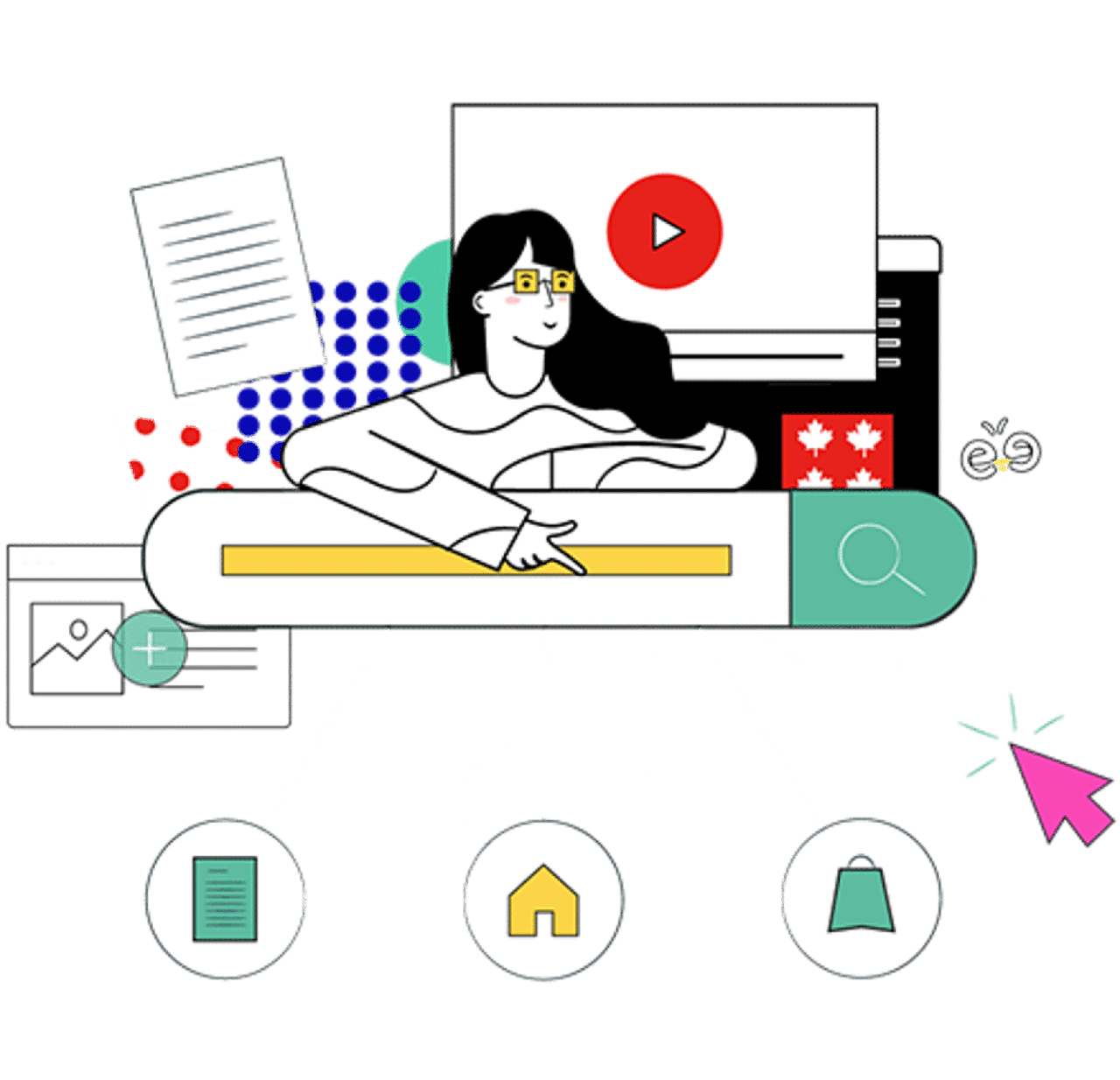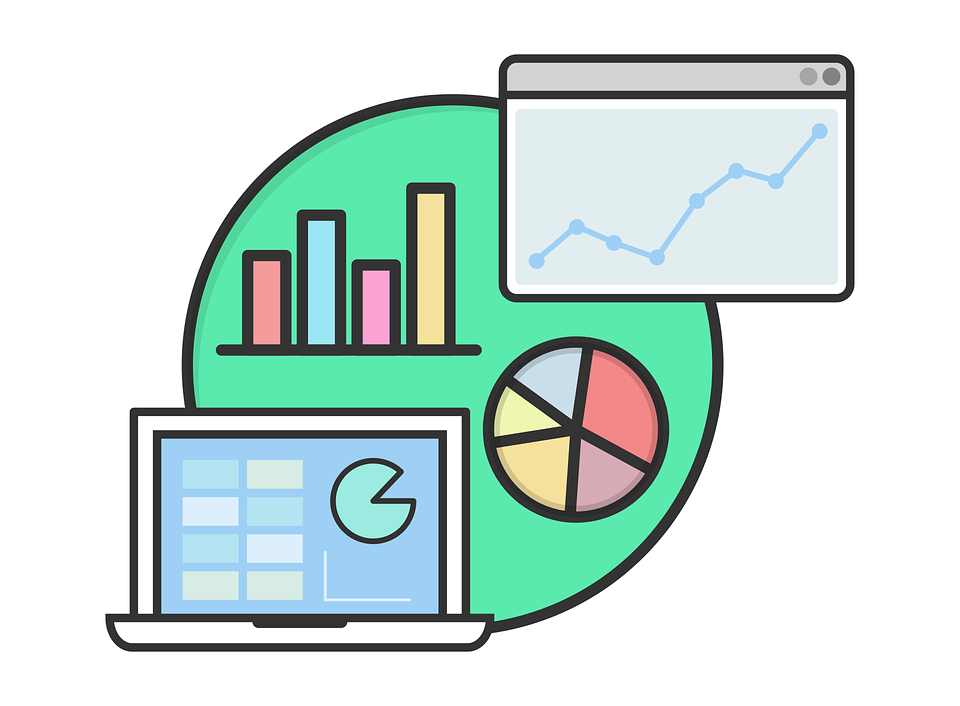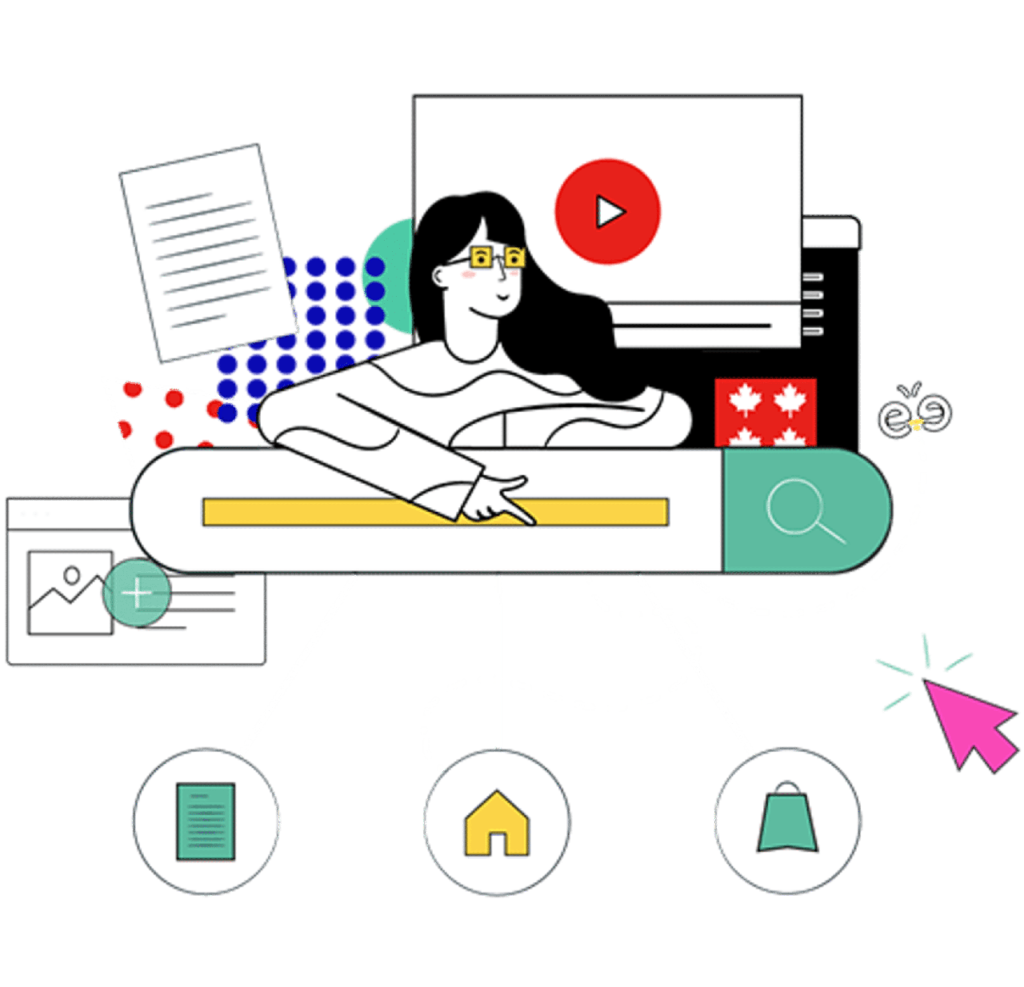Enterprise Resource Planning (ERP) systems are an integral part of modern enterprises, enabling integration of business processes, resource management and streamlining operations at multiple levels. However, with technological progress and changing market requirements, it becomes necessary to adapt ERP systems to new needs. In such a situation, companies are faced with the question: is it better to upgrade the current system or make a complete change to a new one?
ERP System Upgrade: Optimal Use of Existing Resources
Upgrading an ERP system involves updating the current solution by implementing a newer version or additional modules. This is usually less invasive and costly than a complete system change. When upgrading, the company can leverage existing resources such as data, configurations, and employee knowledge of the current system. In addition, the process can be faster and less disruptive to the day-to-day operations of the company.
However, the upgrade of an ERP system may be limited by the architecture and functionality of the current solution. Older systems may not offer some of the modern features that are critical to business growth. In addition, in some cases, newer versions of systems may require significant financial outlays for licensing and implementation.
Change of ERP System: Chance for Revolution
Changing your ERP system is a radical decision that can bring long-term benefits, especially if your existing solution no longer meets your business needs. The new system can offer more advanced features, better integration with modern technologies, as well as a more intuitive user interface, which can increase employee productivity.
However, when changing an ERP system, you should keep in mind the risks associated with data migration and adaptation process. Implementing a new system may require more time and resources than anticipated, which may lead to disruption to your business. In addition, failure to understand the new system by workers may result in resistance or reduced productivity.
Choosing the Right Solution
The final decision between upgrading and changing the ERP system depends on the individual needs and situation of each company. Before making a decision, it is worthwhile to conduct an in-depth analysis of the current system, identifying its strengths and weaknesses and comparing them with the possibilities of new solutions on the market.
If your existing system still meets your core business needs, an upgrade may be a sensible choice, allowing you to continue using your existing resources. On the other hand, if an existing solution becomes obsolete or does not meet new business requirements, a system change may be unavoidable, albeit challenging.
In both cases, proper preparation and management of the implementation process is crucial to minimize disruption to the business and ensure a smooth adaptation of the new solution.



